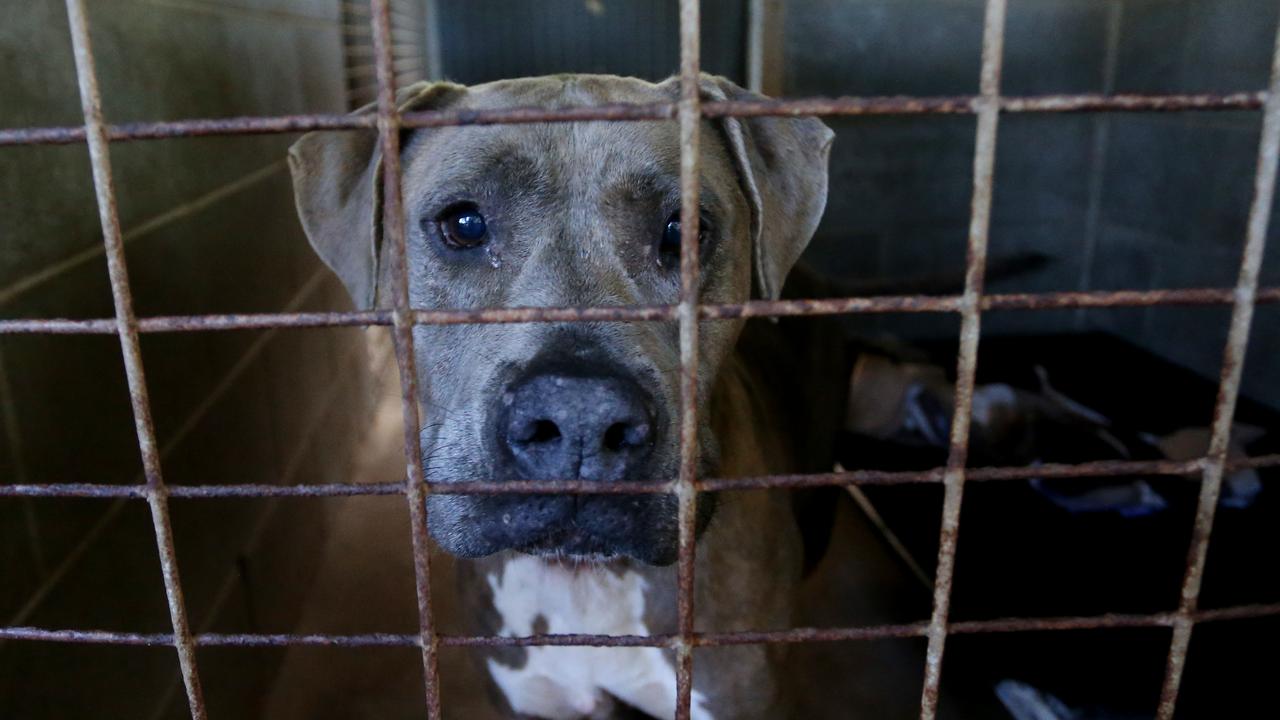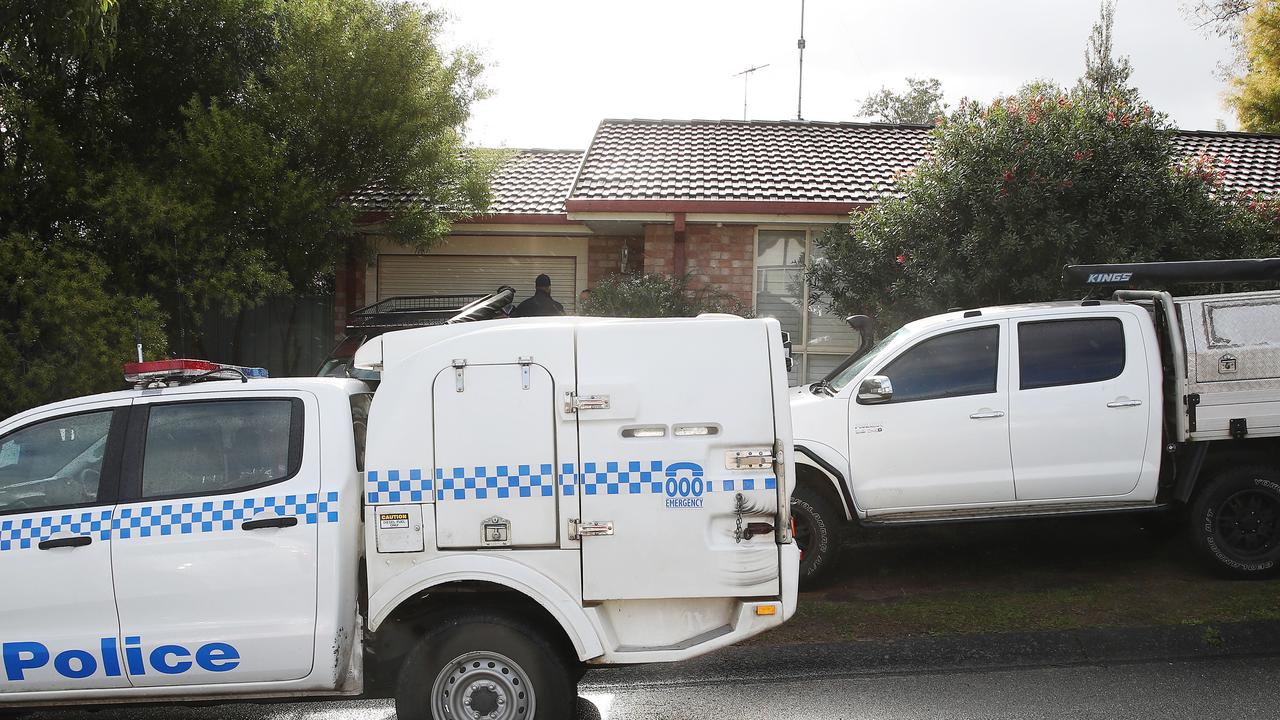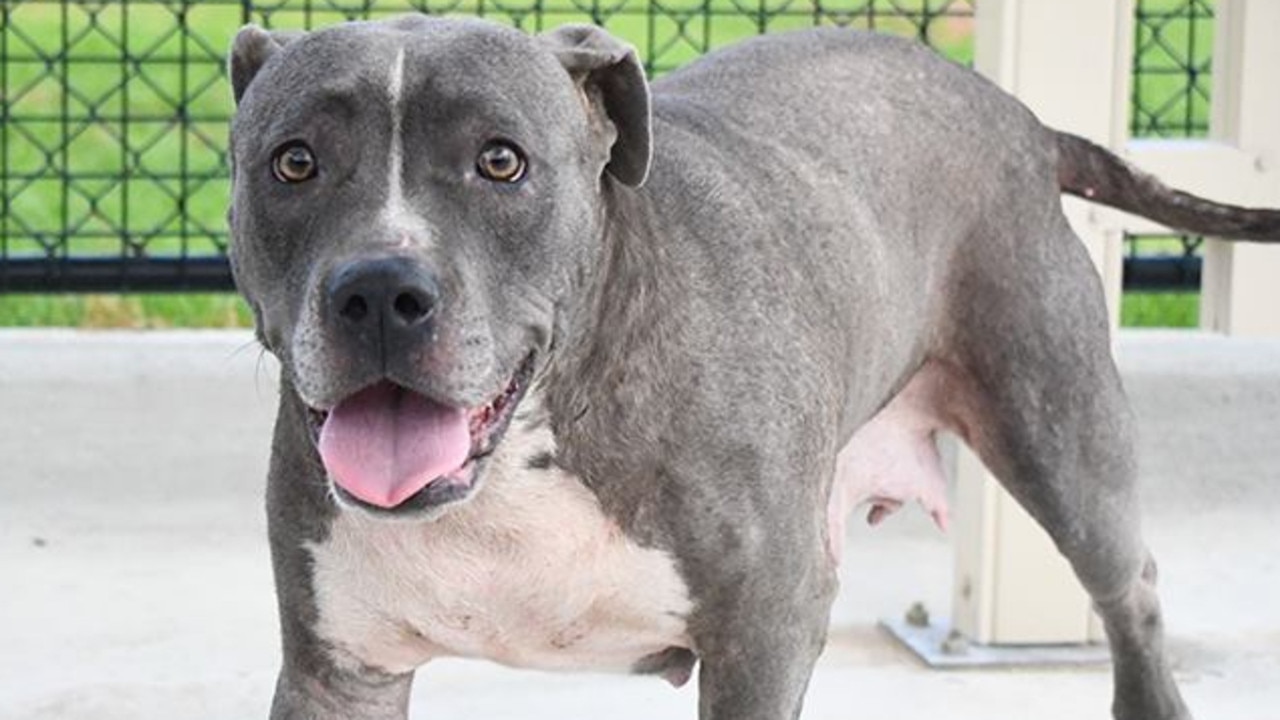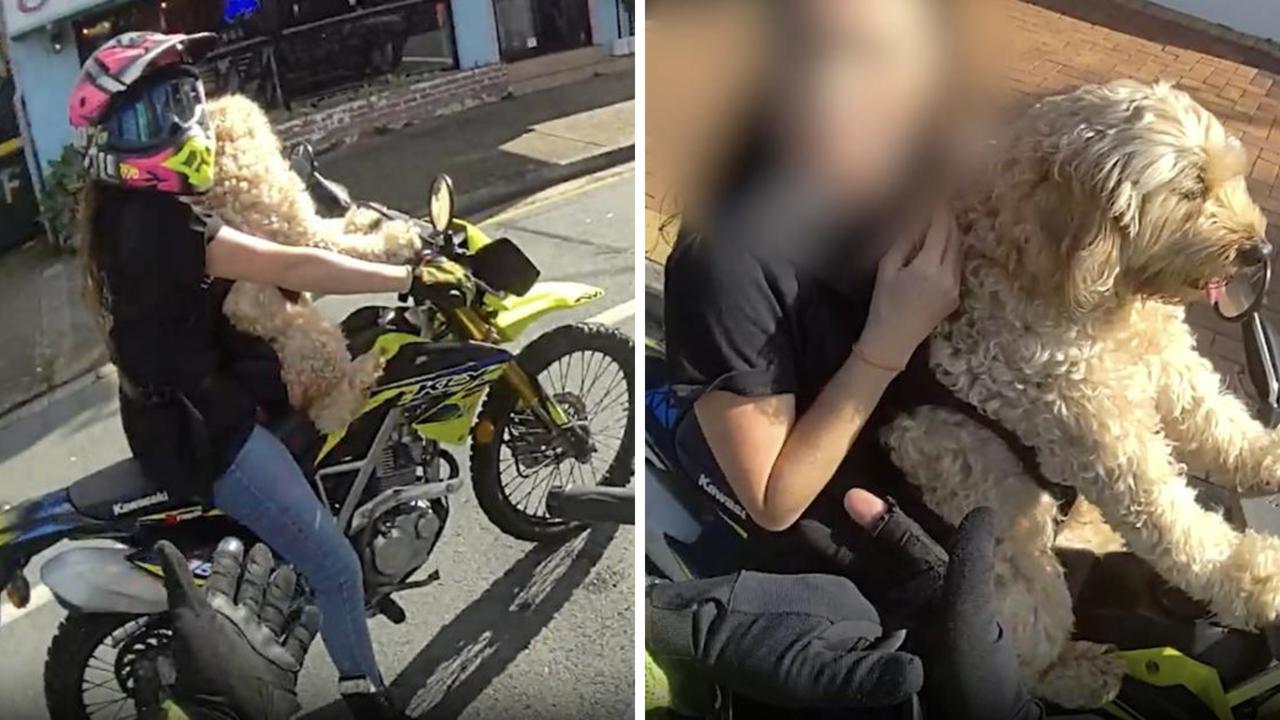Move to ban American Staffordshire terriers after baby mauled to death on Central Coast
American Staffordshire terriers are responsible for the highest number of dog attacks in NSW. But is banning the breed the answer?

The tragic death of a newborn baby who was mauled to death by the family dog in NSW has reignited debate on how to manage “dangerous” dog breeds – but dog experts say banning them isn’t the answer.
A small coastal community is in mourning after a five-week-old baby was tragically killed after it was attacked by an American Staffordshire Terrier in the town of Kariong on the NSW Central Coast at the weekend.
The six-year-old dog, which was desexed and registered, was subsequently euthanised, with police investigating its involvement in an earlier attack on a neighbour’s dog just last month.
RELATED: Family dog that fatally mauled baby has been put down

According to data from the Office of Local Government, American Staffordshire terriers were responsible for more than 200 attacks across all NSW councils areas in the last quarter, the highest number reported for all breeds, with the latest tragedy has sparked renewed calls to ban the breed.
Figures show more than 1200 dog attacks were reported across the state for the same period, with the Central Coast Council region a hotspot for attacks, with 71 recorded during this time.
While debate rages online about the most effective way to manage particular dog breeds, two major organisations have called for a different approach to banning “dangerous” breeds.
Dogs NSW spokesman Brian Crump said it was problematic to tar certain breeds with the same brush.
RELATED: Should dogs be allowed in more public spaces in Australia?

“It comes down to the socialisation and training of the dog,” Mr Crump told news.com.au.
“I don’t think (banning) is the answer because there are many, many (American staffies) that never get themselves into trouble.
“Even a small dog can be a problem if it’s not socialised or trained properly. It’s just (American staffies) are large and powerful dogs, but my advice would be that you don’t leave children unattended with any sort of animal.”
In NSW, there are five breeds of dog that are restricted, meaning they cannot be sold or given away, including American pit bull or pit bull terriers, Japanese Tosas, Dogo Argentino (Argentinian fighting dogs), Fila Brasiliero (Brazilian fighting dogs) and Perro de Presa Canario or Presa Canario dogs.
Mr Crump said the issue of euthanising aggressive dogs was something that needed to be determined on a case-by-case basis.
“If you’ve got an animal that has killed, then you probably don’t want to continue with that animal and I can understand the argument for euthanasia,” he said.
“It’s difficult because you’re looking at culpability – did the dog know what it was doing? Did it think it was playing with a toy, for example?
“I guess you’d have to do that on a case-by-case basis, and if an animal is aggressive, either remove it where it’s not in contact with any young people or euthanise it.”
RELATED: Aussie passengers may be able to fly with pets in the cabin

An RSPCA NSW spokesman said a more long-term solution was needed when it came to preventing dog attacks.
“The RSPCA does not believe that breed specific legislation is effective in preventing or reducing dog attacks or in protecting the public from dangerous dogs,” the spokesman said.
“Each individual dog should be assessed based on their behaviour.”
The animal welfare organisation said proper socialisation of dogs with people and other animals, training of dog owners and early intervention measures to control menacing dogs were key.
Mr Crump echoed the call for better education and training of dog owners, with Dogs NSW a major advocate for dog ownership education to be included in the NSW primary school curriculum.
“We’d like to see a proper pet ownership education program in primary schools for junior primary students,” he said.
“Children need to be educated on how to look after a dog and what a dog is likely to do.
“We need a debate at an earlier point and that is a debate about how well people educate and train their dogs – and we need to have it before there are incidents like this.”
Hot spots for dog attacks in NSW (January- March 2021)
Central Coast Council – 71 attacks
Lake Macquarie Council – 70 attacks
Wollongong Council – 64 attacks
Shoalhaven Council – 57 attacks
Northern Beaches Council – 48 attacks
Reported dog attacks in NSW by breed (January-March 2021)
American Staffordshire Terrier – 204 attacks
Bull Terrier (Staffordshire) – 100 attacks
Australian cattle dog – 70 attacks
German Shepherd Dog – 60 attacks
Border Collie – 37 attacks



